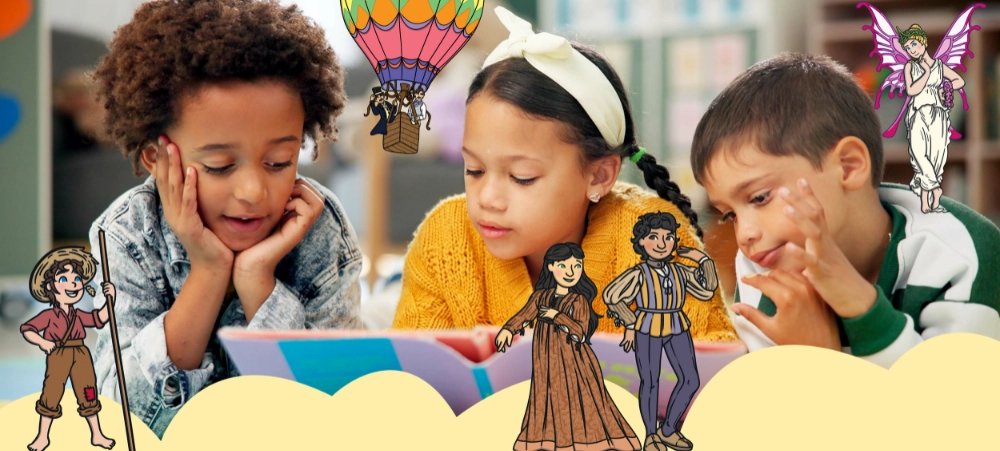One of the most memorable days of your child’s schooling career is most definitely the first day of Grade 1. This day comes with a combination of different emotions from excitement to uncertainty and the question most parents wonder about:
“Is my child ready for Grade 1?”
There is a variety of activities than you can do informally at home to practice fundamental skills in preparation for Grade 1.
Fine motor skills
Developing the small muscle groups in our hands are fundamental for pencil grip, writing and cutting. All these skills will be taught in the first part of the Foundation Phase.

How can you strengthen your child’s small muscle groups?
- Baking activities, especially rolling the dough, cutting out cookies with cookie cutters and decorating it. (This is also a great way to bond with your little one.)
- Making jewellery; the combination of stabilising the string and placing the beads onto the string is a great way of strengthening those small muscle groups. You can use macaroni and food colouring to create your very own homemade beads.
Related: Will your preschooler cope with the demands of school?
Gross motor skills
There is a variety of reasons why gross motor development is critical for a child’s overall development. One of the most important factors is that a child can control his/her body. For example, when a child doesn’t have strong core muscles the child is unable to sit up straight. This then makes it impossible for the learner to sit at a desk and directly affects the child’s ability to focus on the task at hand.
How can you help your child develop gross motor skills?

Play, play and more play. There are many activities that you can do outdoors to help your child develop their big muscle groups such as running, kicking a ball, throwing and catching, swimming, riding a bicycle, etc. Encourage outdoor play as much as possible when focusing on the development of gross motor skills.
Related: How do I know if my child is school-ready?
Help your child develop an emotional vocabulary
When starting Grade 1, your child might experience new emotions like anxiety or stress, which they may not have experienced before. Emotional intelligence is one of the most critical skills needed to cope with the variety of challenges that form part of your child’s schooling journey. If you equip your child with an emotional vocabulary, i.e. the ability to understand and express what they are experiencing, you will make this journey much easier for them.

How can I help my child develop an emotional vocabulary?
- Teach your child to recognise their emotions. You can show flashcards of different emotions and ask your child when they have felt the specific emotion before.
- Teach your child to reflect on their feelings and emotions. This will not only help them understand their emotions but also better equip them to deal with this emotion when they are confronted with this emotion in the future.
- Teach your child to manage their emotions. When your child understands why they are feeling a certain way, they can react more effectively when confronted with this emotion.
To conclude
Getting ready for Grade 1 can be a very stressful time in your household but always keep in mind that each child develops at their own pace. Preparing for Grade 1 should be a great opportunity to spend quality time with your child while practising the above-mentioned skills.





